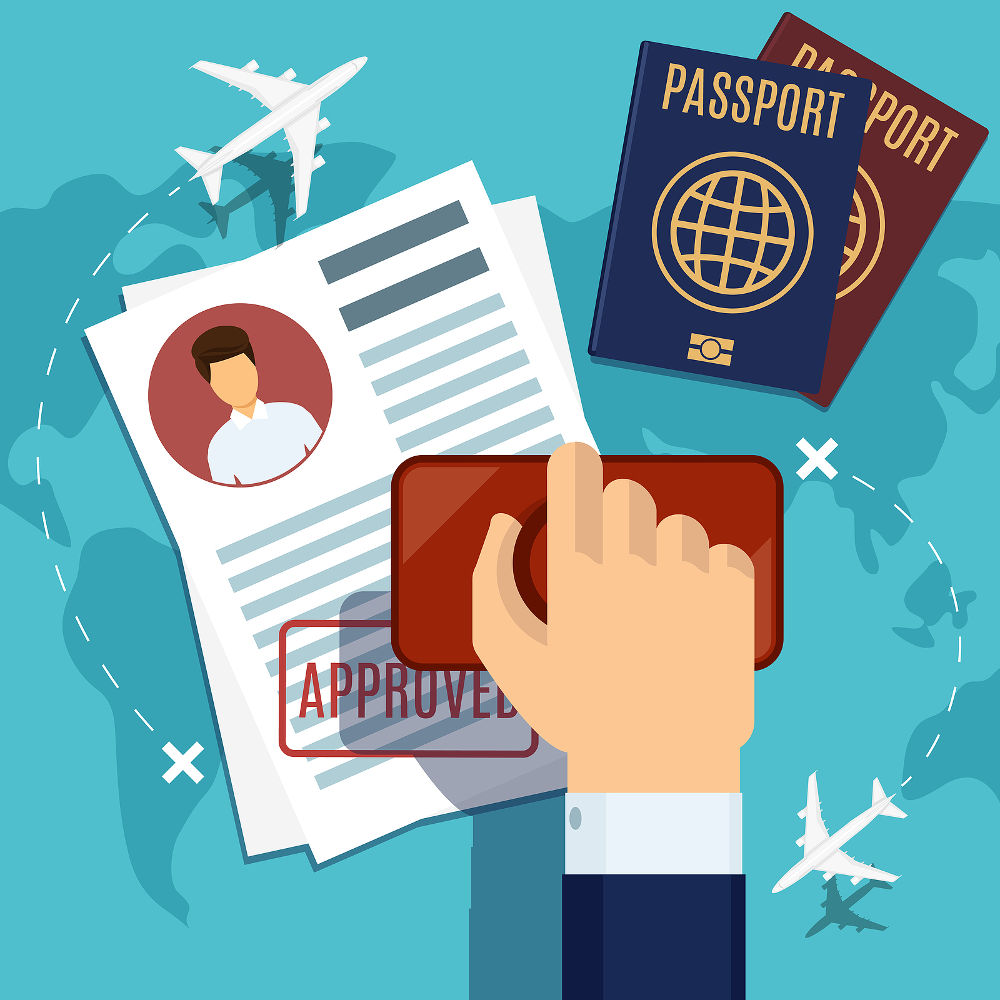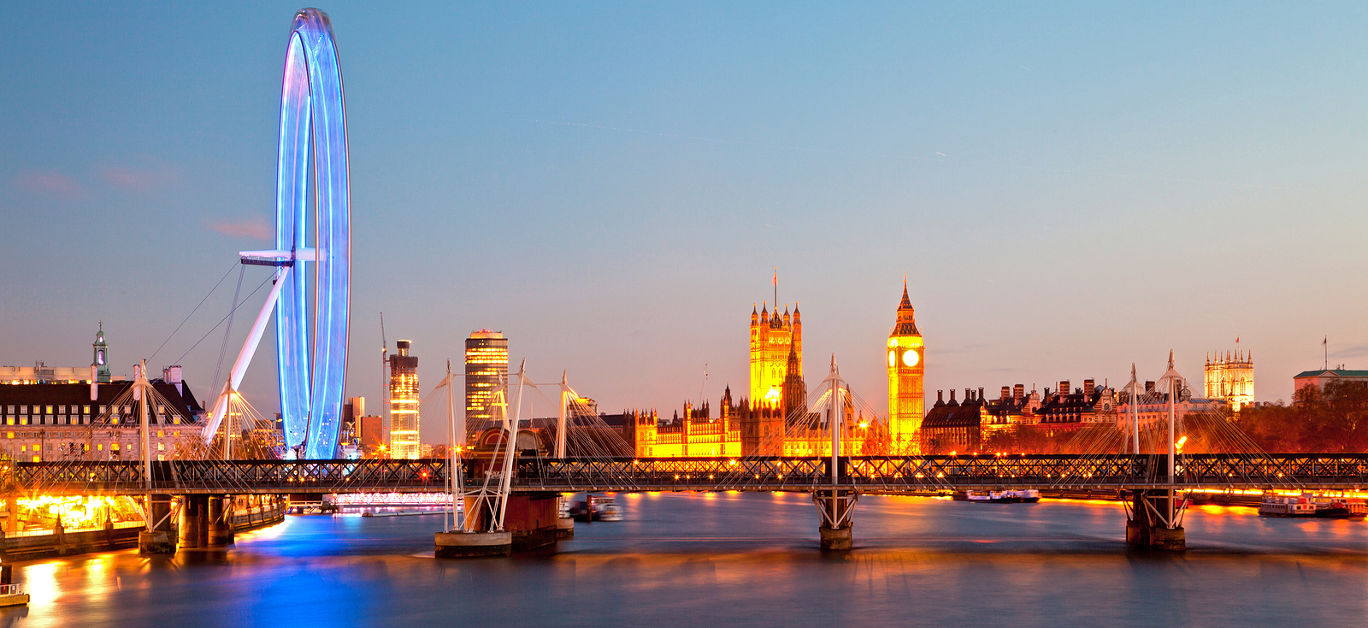2024 is set to be a year of big moves for many – not just figuratively, but in some cases, literally. If you’re planning on relocating from the US to the UK in 2024, then exciting times are ahead, and from finding your dream luxury home to putting down wider roots for a new life, there’s a lot to be thinking about to ensure it all goes without a hitch.
Whether you’re ready to press the button or are still in the daydreaming stages of becoming an US expat in the UK, knowing where to start with getting all of your ducks in a row can feel overwhelming. So here, we’ve broken down everything you need to know about moving from across the pond to UK shores in this comprehensive guide to making it happen.
Understanding the cultural landscape
One of the most important things to do before even delving into the logistics is, of course, gaining a thorough understanding of British culture. The UK, with its deep historical roots, exudes a unique blend of tradition and modernity and is awash with iconic landmarks you’ll no doubt want to pay a visit to on your arrival.
But Buckingham Palace and the Houses of Parliament offer just a small glimpse into what the UK has to offer, and vibrant cities, rolling countryside, and a plethora of customs, phrases and social norms await, so spending time getting to grips with what to expect is a wise move to ease the transition and help to foster positive interactions with locals when you get here.

Visa requirements
You’ve no doubt already considered navigating the immigration process which, for many, can serve as quite the obstacle – but thankfully, US citizens who meet the right set of criteria can apply for permanent residency.
The most common types of visas obtained for entry into the UK are work and family visas. In the former, you may be sponsored by a company in the UK to allow you to access this option, while if you’re dual nationality or already have family settled in the UK then these can offer another avenue to explore.
But, perhaps most interestingly, for high-net-worth individuals is the Tier 1 visa, which is the equivalent of the ‘Golden Visa’ programme offered by many other countries but with its own particular set of rules and criteria. This residence-by-investment programme allows affluent investors from the USA and across the globe the chance to obtain permanent residency by making a significant financial investment in the UK.
To qualify, you’ll need to have a minimum of £2 million in funds in qualified investments and hold a UK-regulated bank account. The more you invest, the faster you become eligible for permanent residency; those investing £2 million or more will be eligible after five years of living in the UK, but up it to £5 million and the qualifying period shortens to three years. Invest more than £10 million, and that falls again to just two years.
If you’re planning a shorter stay – for example, as a student or a digital nomad – then be sure to look into the specific visa requirements for your case.

Banking and finance
On arrival in the UK, you’ll need to open a new UK bank account as an American expat. There are a wide variety of different banks to choose from, each offering its benefits and bonuses, so take time to shop around before deciding on which one to go for.
Once you have, you’ll want to ensure you have all of the necessary documentation to get your account up and running and notify your US bank account of the move to minimise any disruptions in financial transactions.
Investing in the services of a financial advisor is a wise move to ensure the entire process goes smoothly and they will also be able to educate you about local tax implications, currency exchange rates, and additional investment opportunities that may be of interest to you.
Tax considerations
Understanding the tax implications is of particular importance for American expats in the UK because you’ll need to ensure that you’re satisfying the requirements both in the UK and back home in the US. The US requires its citizens to report worldwide income, which means expats in the UK may be subject to double taxation. Although this can prove costly, thankfully, tax treaties exist between the two nations to mitigate this somewhat, but to be sure you’re ticking all of the right boxes and playing by the rules – whether you’re a permanent resident, a digital nomad or in the country on another type of visa – be sure to consult with tax professionals who specialise in international law and US tax services.






















